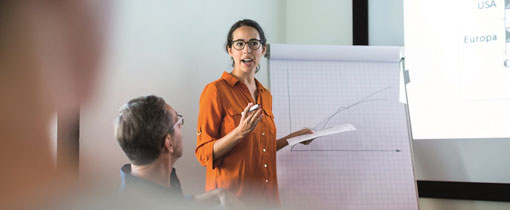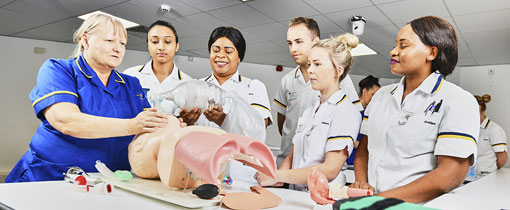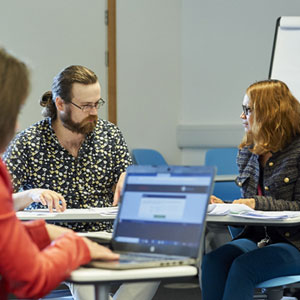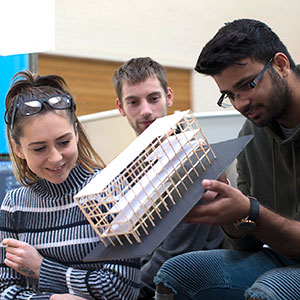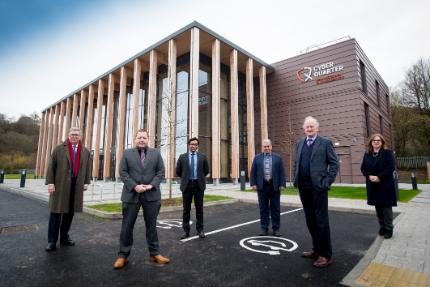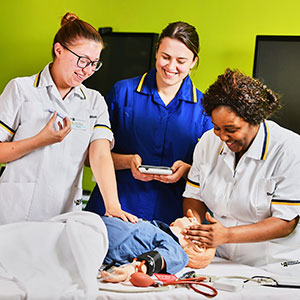-content-type-block-(12).png)
University courses at Wolverhampton
The University of Wolverhampton offers a wide variety of courses for prospective students. We have been providing quality education to our student body for nearly 200 years, and applicants can choose from a range of undergraduate and postgraduate degrees, with specialisations in areas such as business, engineering, law, computing and media. The University also offers distance learning programmes as well as traditional on-campus courses.
At the University of Wolverhampton, we take pride in the quality of teaching and research that we provide to students. We strive to provide an engaging learning environment while offering the necessary support to ensure student success. We also offer vocational qualifications in line with industry standards so that students have the best possible prospects after graduating.
With access to the latest technology and resources, our facilities help students gain valuable practical knowledge which is essential for their future professional careers.
Explore our university courses today to find a programme in your chosen subject area. You’ll also find part-time courses, apprenticeships, online courses and CPD courses.
View our courses starting in May
View our courses starting in January
Where can our university courses take you?
Students studying at the University of Wolverhampton gain valuable knowledge and skills, supporting them in further study or employment. We have graduates pursuing successful careers in a wide range of fields, including teaching, medicine and law. We also have strong links with employers, providing graduates access to internships and work placements throughout the UK.
Book an open day or apply for your place today to take the first step towards your dream career.
Getting started with undergraduate study

Order a prospectus
Our prospectus provides a helpful overview of our facilities, support options, and subject areas.
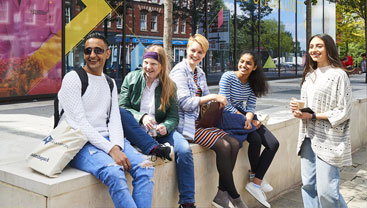
Open Days
Find out more about university life at our open days. Discover what it’s like to study with Wolverhampton.

How to apply
Find out how to apply for our university courses. Get the right information to prepare and submit your application.

Fees and Funding
Understand everything you need to know about fees and funding. From how much courses cost and how to fund them.


/prod01/wlvacuk/media/departments/digital-content-and-communications/images-18-19/iStock-163641275.jpg)
/prod01/wlvacuk/media/departments/digital-content-and-communications/images-2024/250630-SciFest-1-group-photo-resized-800x450.png)
/prod01/wlvacuk/media/departments/digital-content-and-communications/images-18-19/210818-Iza-and-Mattia-Resized.jpg)
/prod01/wlvacuk/media/departments/digital-content-and-communications/images/Maria-Serria-(teaser-image).jpg)
/prod01/wlvacuk/media/departments/digital-content-and-communications/images-2024/241014-Cyber4ME-Project-Resized.jpg)
/prod01/wlvacuk/media/departments/digital-content-and-communications/images-18-19/210705-bric_LAND_ATTIC_v2_resized.jpg)
-content-type-block-(14).png)
